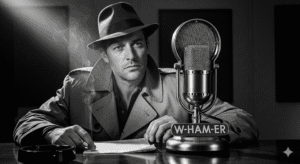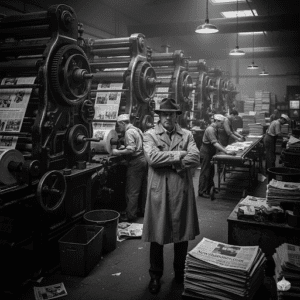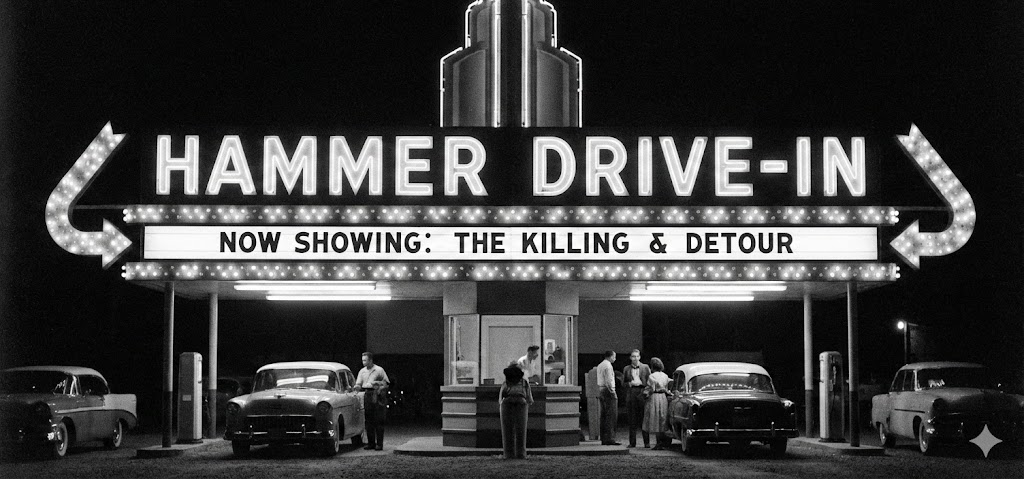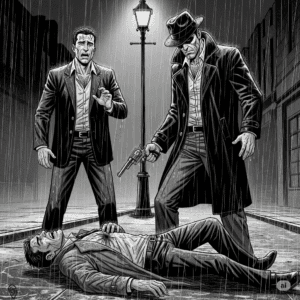Some movies, they don’t have a big-shot director or a fat-cat budget. They’re cheap, they’re dirty, and they get right to the point. Detour is one of those. It’s a gut-punch of a picture from Hollywood’s back alleys, the kind of flick that crawls under your skin and stays there long after the credits roll.
It’s the story of a sad sack named Al Roberts, a piano player with a one-way ticket to Bad Luck City. He’s hitchhiking his way from New York to see his girl in Los Angeles. A fool’s errand from the get-go. He gets a ride with a guy, a snake in the grass named Haskell, and next thing you know, Haskell’s dead and Roberts is in a world of trouble. He’s no killer, but the shadows are long, and a dead body and a stolen car don’t exactly make for a good alibi.
Just when you think it can’t get any worse, it does. He picks up a hitchhiker, a real piece of work named Vera. She’s a dame with eyes like a switchblade and a voice like a file on a saw. She figures out his whole sorry story in a heartbeat, and then she puts the screws to him. Vera ain’t no femme fatale; she’s a force of nature, a one-woman demolition derby, and she’s got Roberts right where she wants him.
This whole picture feels like a bad dream. The dialogue is hard and fast, the sets are cheap and dingy, and the rear-projection car scenes feel like you’re going nowhere fast—which is exactly what’s happening to Al. He’s a man trying to outrun a bad hand, but Fate’s got its finger on him and it ain’t letting go.
You watch this and you’ll know that sometimes, the true monsters aren’t the killers. They’re the people who drag you down with them. It’s a mean, moody masterpiece, and it’ll remind you that for some guys, there’s no such thing as a second chance.
Jack Hammer. Keeping an eye on the shadows.














